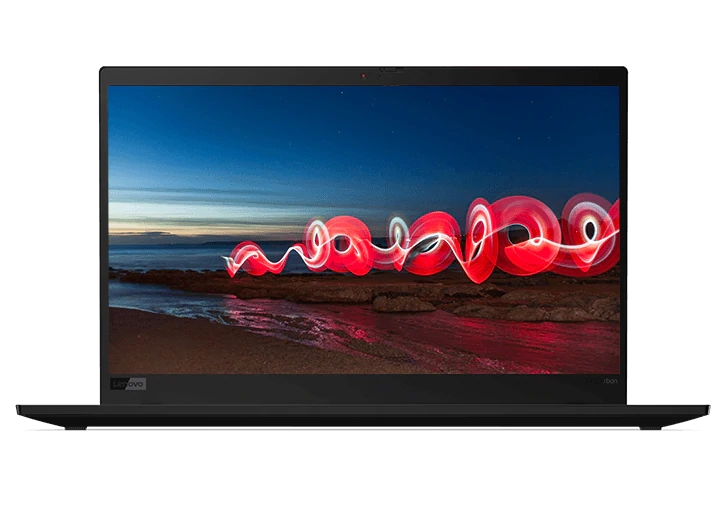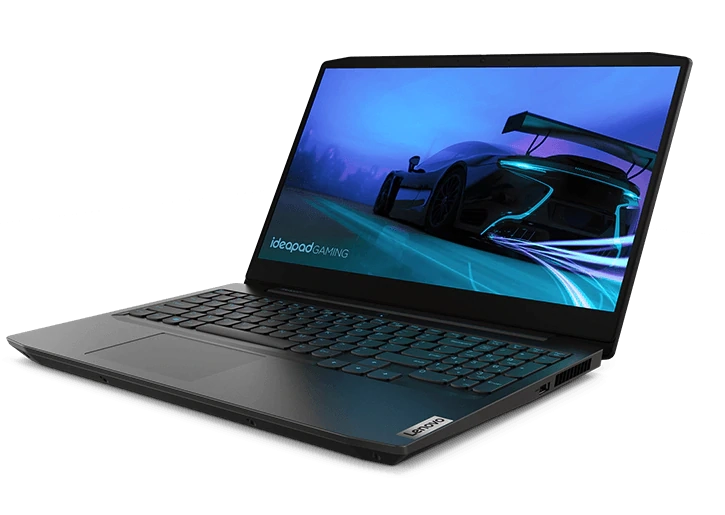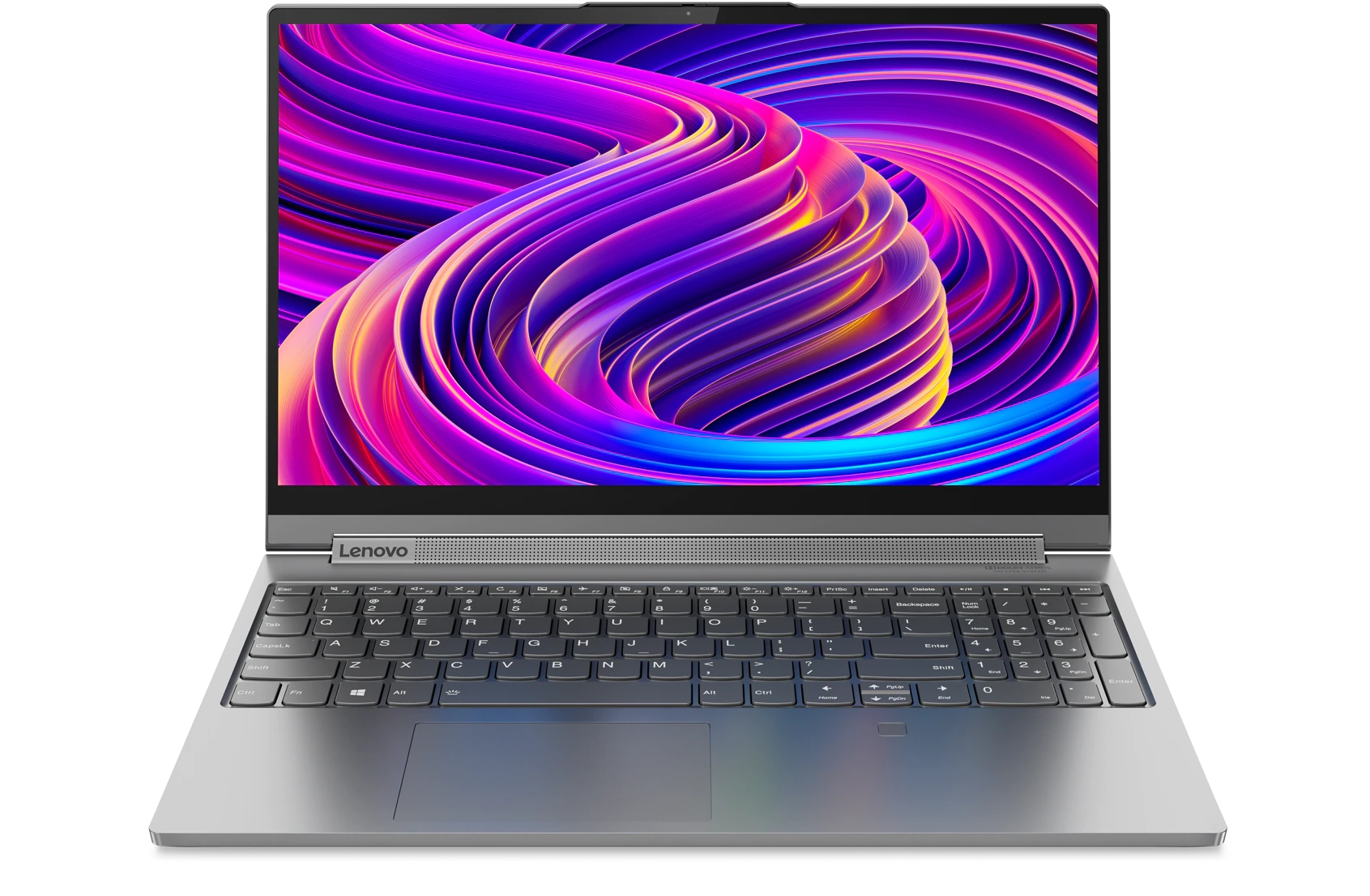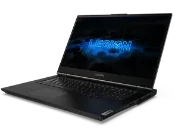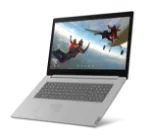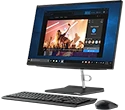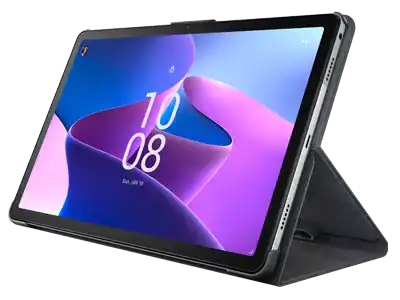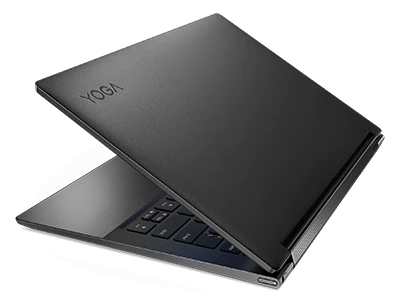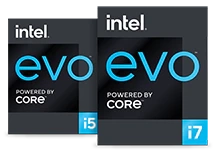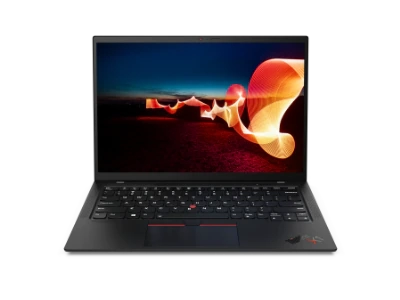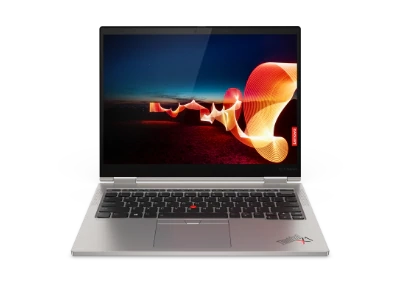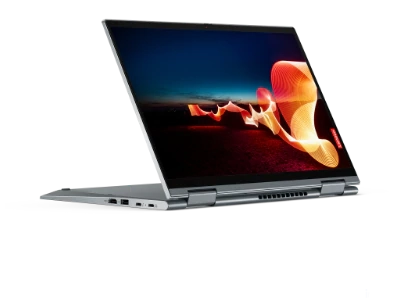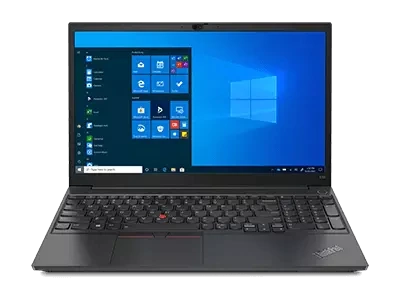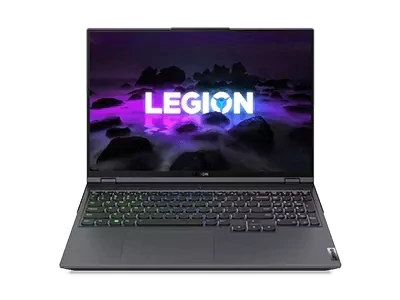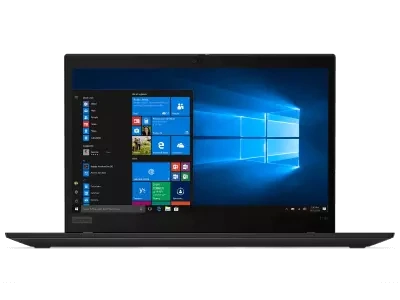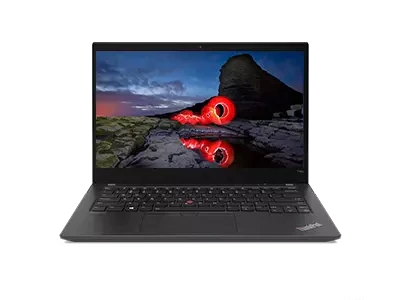What is a VR-Ready Gaming Laptop or VR-Ready Gaming PC?

Virtual reality (VR)-ready gaming laptops and VR-ready gaming towers are PCs whose components are advanced enough to play today's popular virtual reality games. They support complex VR headsets such as Oculus Rift and HTC Vive and can generate the detailed graphics and rapid frame rates needed to produce realistic virtual worlds.
The technical demands of virtual reality gaming -- and the headsets, gloves and other VR gaming accessories that make it so entertaining -- are very exacting, more than even systems built for regular computer gaming. Graphics cards, processors, and even the number and type of USB ports are critical to matching a new PC to your favorite VR headset. So, you need to pay close attention to the system requirements for VR gaming PCs that are issued by each VR headset manufacturer.
Note that for purposes of this FAQ, VR gaming also includes games that use augmented reality (AR) and mixed reality (MR). You can learn more about these different technologies in "What is VR? ... and AR? ...and MR?"
VR-ready gaming laptops vs. VR-ready gaming towers
Computer manufacturers such as Lenovo make hundreds of different models with varying technical specifications, including dozens of systems that can support advanced VR environments. But which one is right for you? Should you buy a VR-ready laptop or a VR-ready desktop tower PC?
VR-ready gaming laptops: Pros and cons
The biggest advantage of using a laptop for your VR gaming is that it's portable. You can play VR games in any room of the house and take your entire VR-ready rig (laptop, headset and accessories) with you when you travel. The disadvantage -- and it's a relative one -- is that laptops have to fit all their components in a much smaller frame compared to a desktop PC. With less room for fans and other cooling features, a laptop will rarely support the absolute fastest (and hottest running) processors and GPUs.
Ready to buy a VR-ready gaming laptop? Check out our Lenovo Legion laptops, including the 15.6" Lenovo Legion Y530 with 8th Gen Intel® Core™ processors and NVIDIA® GeForce® GTX 1060 discrete graphics.
VR-ready gaming PCs: Pros and cons
Experts will tell you that to support the very latest, most complex and immersive VR environments (including VR games), a desktop PC is the way to go. Tower PCs have room for extra fans to keep today's souped-up, VR-compatible chips (CPUs and GPUs) running smoothly. They also typically offer additional ports, so connecting your VR peripherals is less of a problem than it can be with some laptops. On the other hand, desktop PCs are less easily portable, so you'll have to count on your VR game-playing friends to come to your place rather than you going to them.
If you've decided that a desktop PC is best for your VR gaming needs, be sure to consider the Lenovo Legion T Series Towers or the new, small-chassis Lenovo Legion C730 Cube featuring the latest Intel K processing, NVIDIA graphics, overclocked Corsair memory, and a dual-channel thermal system.
Lenovo gaming accessories
In addition to building powerful PCs to drive your VR gaming experience, we also offer a variety of Lenovo gaming headsets and accessories. This includes the standalone Lenovo Mirage Solo headset for VR experiences that don't require a PC or smartphone. There's also the advanced Lenovo Explorer Headset, which opens a broad set of VR experiences based on the innovative Windows Mixed Reality platform.



